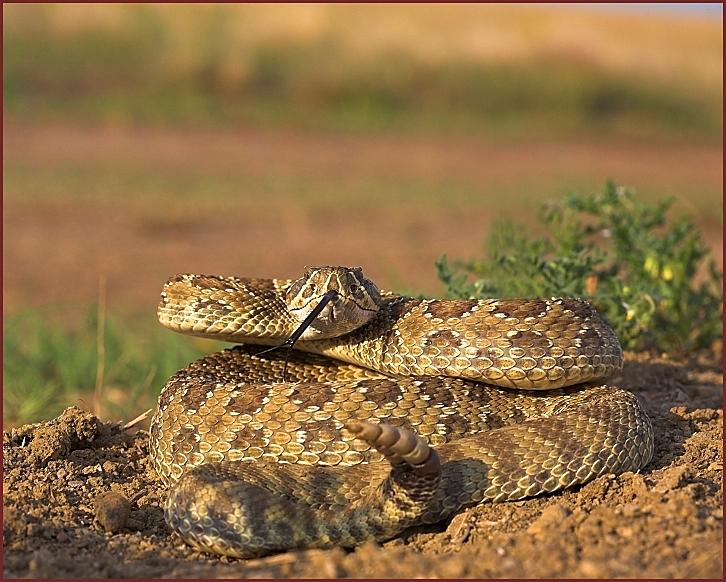Ok, so I've been reading all the survival topics on here and it got me to thinking.
Last year I went with some friends on a hog hunt. We had to hike back about eleven miles from motor vehicle access. As we were scouting the area we planned to hunt the next morning I slipped on a loose slope at the top of a cliff. As I came to rest on my ass, legs spread, I noticed the very large, very angry Diamondback Rattlesnake between them. I drew my sidearm as I scrambled to distance myself from the critter. I refrained from shooting and ultimately killed it with my buddies K-bar. This was about a six foot snake with fourteen good buttons on him and a few more missing. The buttons, once removed, are the same length as my Kershaw Whirlwind in its folded position.
My question being, What should a guy do if he is bitten in a situation such as this? That is a hell of a long hike through brush and other elements without the added hassle of being bitten. What would be the best course of action to ensure survival?
Last year I went with some friends on a hog hunt. We had to hike back about eleven miles from motor vehicle access. As we were scouting the area we planned to hunt the next morning I slipped on a loose slope at the top of a cliff. As I came to rest on my ass, legs spread, I noticed the very large, very angry Diamondback Rattlesnake between them. I drew my sidearm as I scrambled to distance myself from the critter. I refrained from shooting and ultimately killed it with my buddies K-bar. This was about a six foot snake with fourteen good buttons on him and a few more missing. The buttons, once removed, are the same length as my Kershaw Whirlwind in its folded position.
My question being, What should a guy do if he is bitten in a situation such as this? That is a hell of a long hike through brush and other elements without the added hassle of being bitten. What would be the best course of action to ensure survival?



